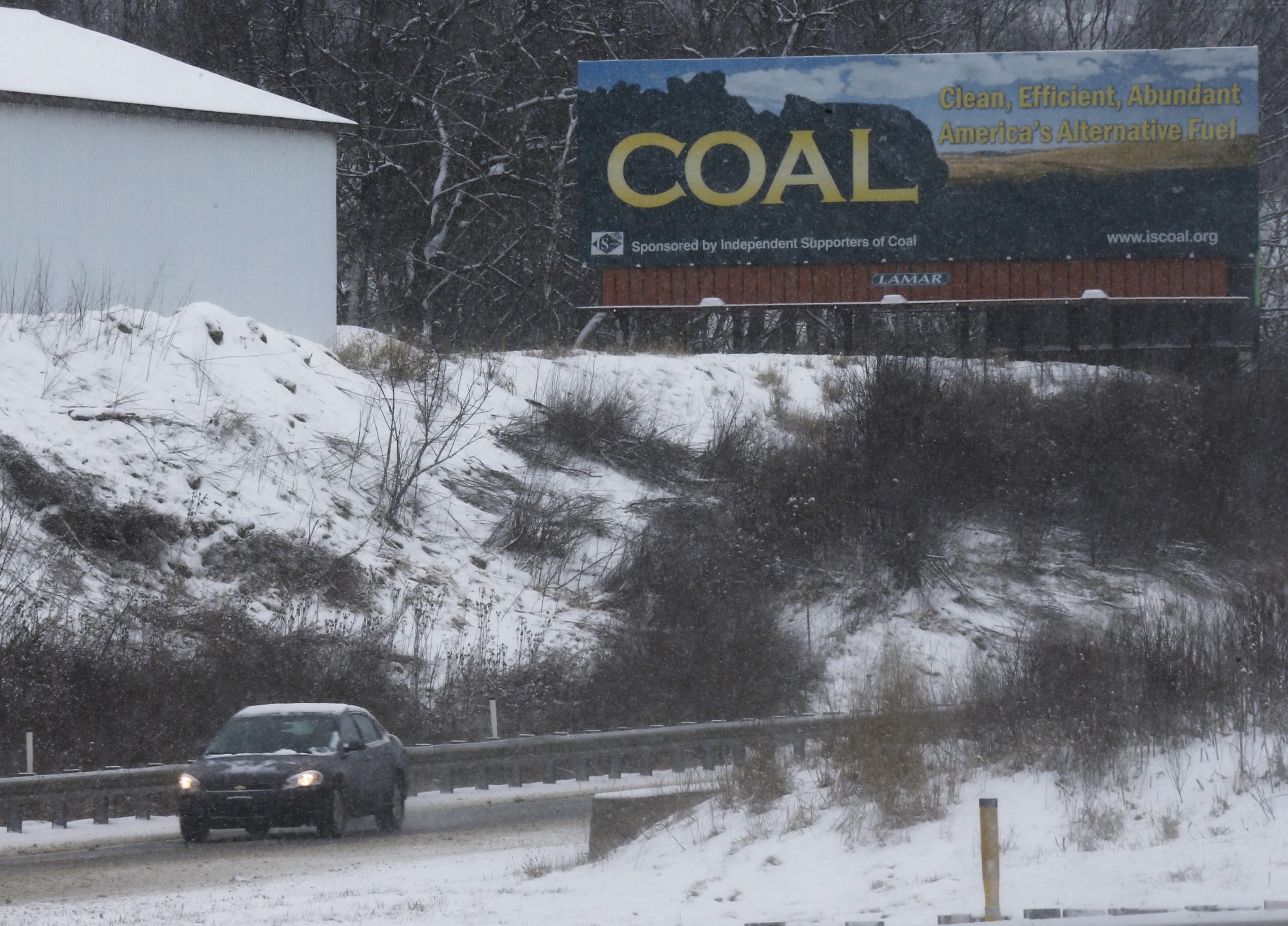An NPR and Mine Safety and Health News investigation that examined 20 years of federal data found that 2,700 American mining companies collectively owe almost $70 million in delinquent penalties. That’s an average of more than $25,000 each; nine owe more than $1 million. Delinquent mines have injury rates 50 percent higher than nondelinquent mines, NPR found, but are often still allowed to stay open:
Even after major disasters with multiple deaths, the owners of delinquent mines can continue to operate. MSHA [Mine Safety and Health Administration] does not shut them down even if they continue to commit violations, even when there are more injuries.
Even mine owners with considerable resources have delinquent mines. Jim Justice is a billionaire and philanthropist who owns the historic Greenbrier resort in White Sulphur Springs, W.Va. As of March 31, mining companies owned by Justice owed nearly $2 million in delinquent penalties. His delinquent mines have an injury rate more than twice the national rate. Those same mines committed more than 4,000 violations while fines went unpaid. Since NPR contacted Justice, the company has begun paying the fines at a rate of $100,000 a month.
A number of factors—from lack of enforcement resources to legal loopholes to paperwork that can disguise the real operators of mining operations—make it hard to get operators to pay up. NPR looked at 34 cases in which the government brought delinquent mine operators to court or negotiated settlements, but of the settlements and judgements ordered to be paid through that process, only $783,000 out of $5.8 million has actually been collected.
While legislation has been introduced in both the House and the Senate to give MSHA the power to close mines if they fail to pay penalties after six months, such bills have no political traction and are often seen as a threat to the economy. The most egregious company investigated by NPR owes more than $4.3 million in fines and has had 1,498 violations since 2007; some have fines going back decades.
Mining has the third highest rate of fatal occupational injuries of any industry in America, behind “Agriculture, Forestry, Fishing and Hunting” and “Transportation and Warehousing,” according to the most recent data from the Bureau of Labor Statistics.
